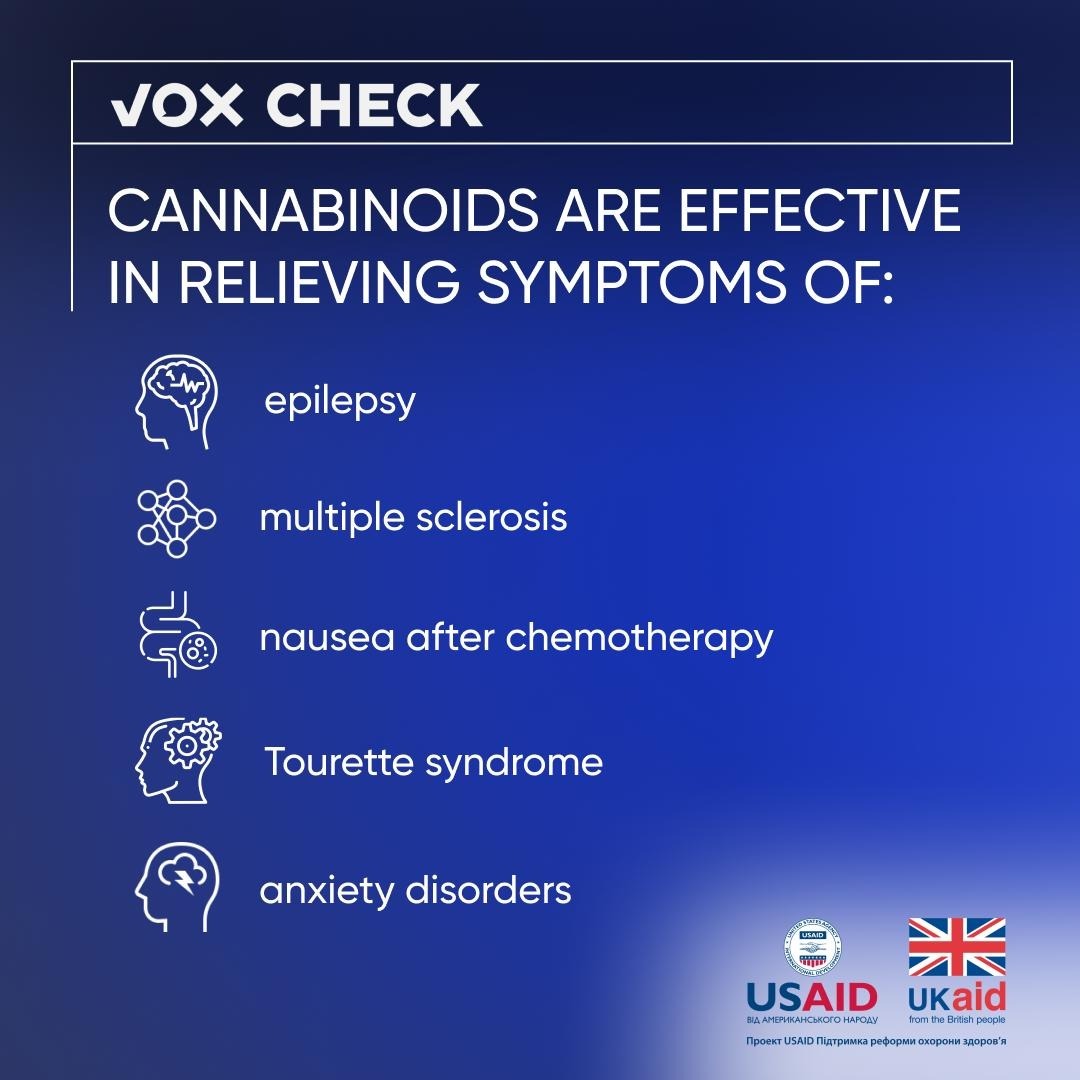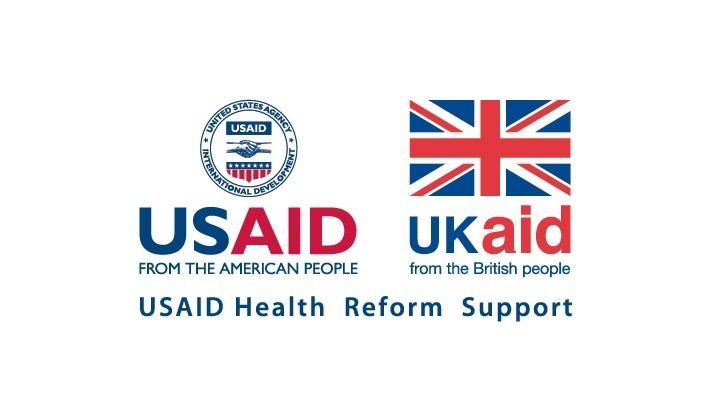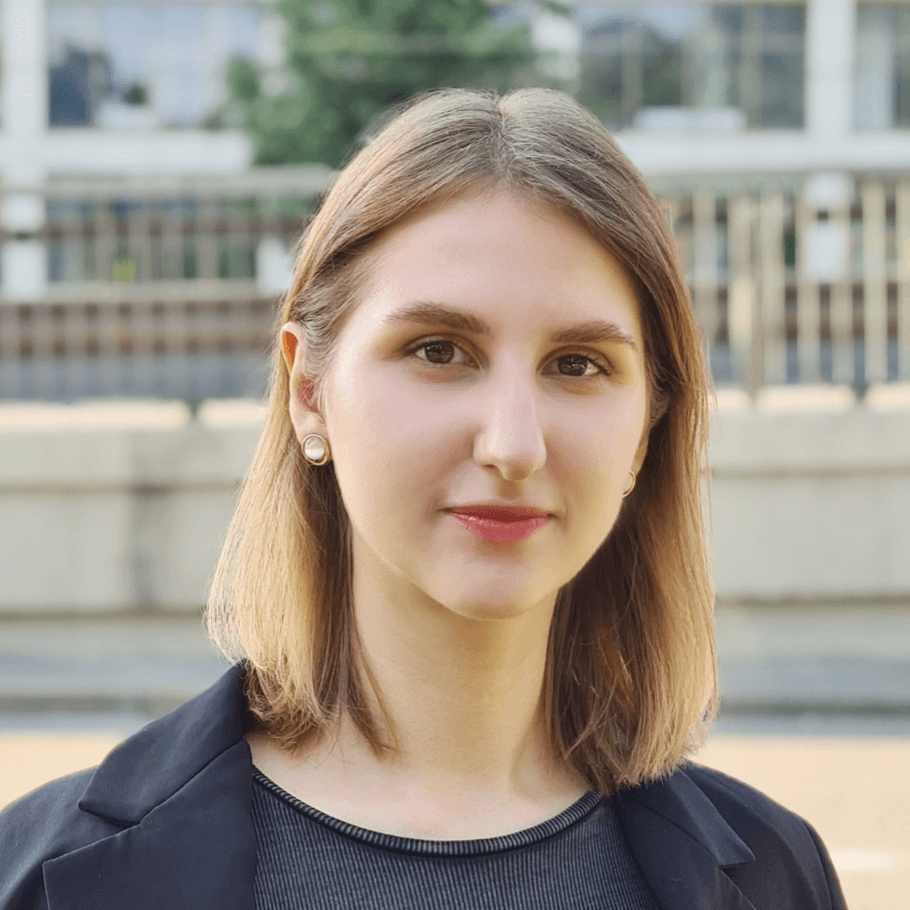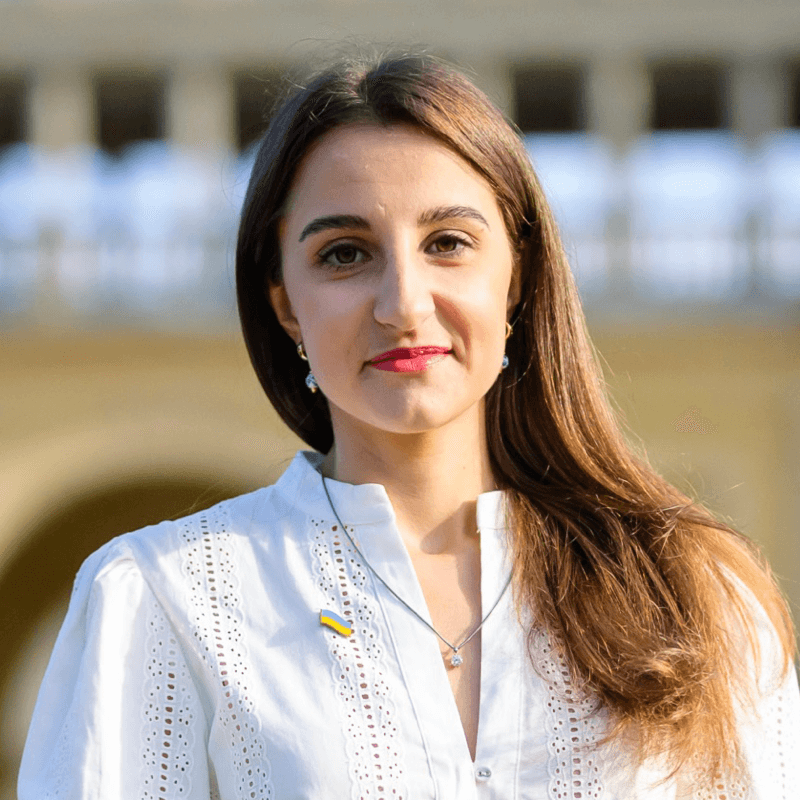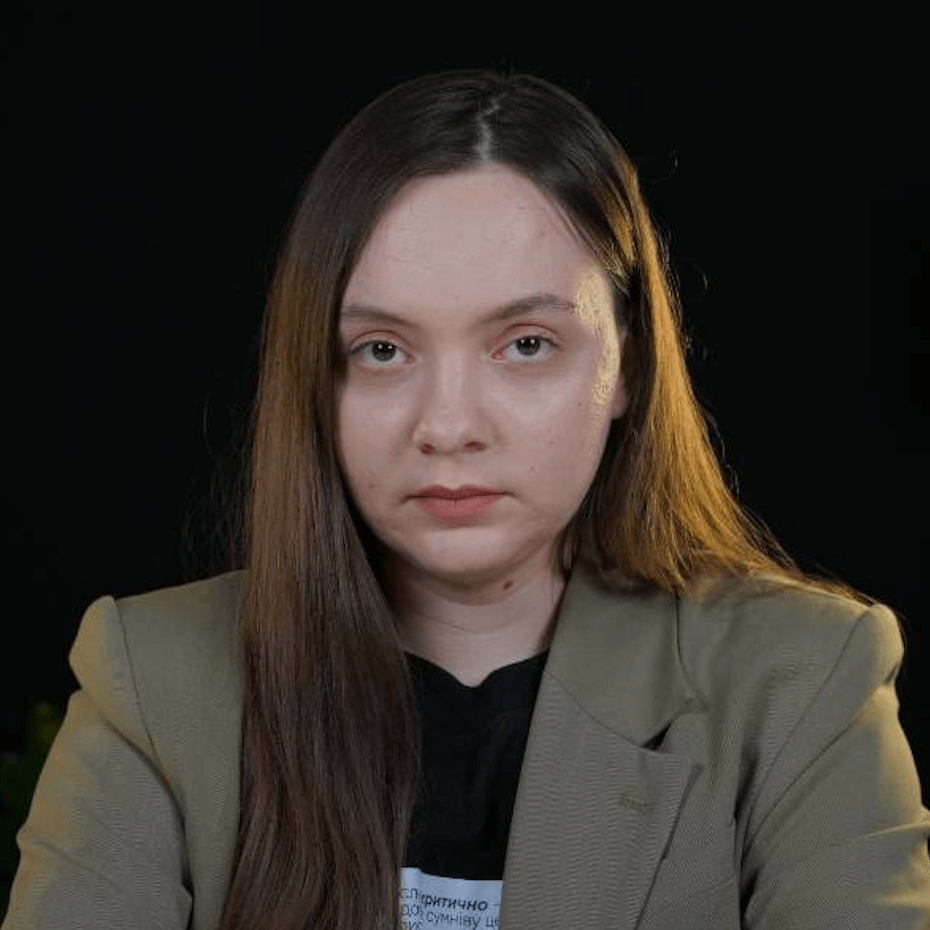Fakes about the healthcare sector in Ukraine were once again being spread in the network, trying to sow distrust in the Ukrainian authorities. This week we debunk two fakes about the legalization of medical cannabis.
With the support of the USAID Health Reform Support project, VoxCheck analyzes and refutes public health narratives spread in the information space of Ukraine, Belarus, and russia on a weekly basis.
Disinformation: The law on the legalization of medical cannabis will turn Ukraine into a place of widespread circulation of narcotic substances
Russian Telegram channels are spreading information that the Cabinet of Ministers of Ukraine has allegedly supported the draft law on the legalization of medical cannabis, which was “pushed by Western lobbyists.” According to the authors of the post, this decision will inevitably turn Ukraine into a place of widespread production and circulation of narcotic substances, and this, they say, will have a bad effect on the health of young people.
What’s the reality?
On June 7, 2022, the Cabinet of Ministers supported the draft law, which was supposed to expand access to medical cannabis drugs for the treatment of a number of diseases, including cancer and post-traumatic stress disorders resulting from the war. On June 14, the draft law was approved by the specialized committee.
However, the draft law has not yet been considered by the Verkhovna Rada (Supreme Council of Ukraine). On September 30, the chairman of the Verkhovna Rada Committee on National Health, Medical Care, and Medical Insurance, Mykhailo Radutskyi, stated that the Council does not have enough votes to support this draft law.
Russian and pro-Russian media have been spreading for a long time the thesis that cannabis will be used for recreational use. In fact, the document does not provide for the legalization and free circulation of cannabis. Draft law No. 7457 aims to expand the access of patients with serious diseases to the necessary treatment. For example, drugs with cannabis extract are used to treat nausea and vomiting caused by chemotherapy, reduce the frequency of seizures in epilepsy, and studies show a positive effect of such drugs on the symptoms of multiple sclerosis. In addition, medical cannabis is used in the treatment of depressive disorders and post-traumatic stress disorder.
Minister of Health Viktor Liashko explained that medicinal cannabis-based drugs contain the substance cannabidiol, which does not have a pronounced psychoactive effect. Whereas the psychoactive component of cannabis is tetrahydrocannabinol (THC). While cannabidiol is not addictive, it is instead a good antispasmodic and has strong anticonvulsant and antiepileptic effects.
The Ministry of Health also emphasized that strict supervision will be established over the cultivation of plants, as well as over the production and sale of drugs. In particular, each batch and unit of packaged products will be marked with a unique barcode. In addition, an electronic register of the movement of plant varieties at all stages of circulation will be created. In addition, it will be possible to buy such a drug only with an electronic referral issued by a doctor.
«Each bush that will be grown for medical purposes will have a GPS tracker. The national police will be able to trace the path from the manufacturer to the patient. This will also be monitored by the Ministry of Internal Affairs and the Ministry of Health», — reported Mykhailo Radutskyi.
First Deputy Minister of Health Oleksandr Komarida noted that since November 1, Ukraine had adopted a law that regulates the dispensing of drugs containing narcotic substances by electronic prescription. This mechanism made it possible to track any deviations or manipulations in the electronic system. “Cannabis-based medicines are no different from them. There are established circulation rules, you just need to allow the circulation of such drugs according to these rules, using modern tools,” said Komarida.
Disinformation: Legalizing medical cannabis will benefit a small group of people
Information is being spread online that a small group of people is allegedly interested in the legalization of medical cannabis. Instead, the government should deal with delayed payments to internally displaced persons, issues of the hryvnia exchange rate, and the creation of new jobs.
What’s the reality?
With the beginning of a full-scale invasion, the need for medicinal cannabis-based drugs in Ukraine increased. According to the estimates of the head of the Verkhovna Rada Committee on National Health, Medical Aid, and Medical Insurance, Mykhailo Radutskyi, there are currently 5-7 million people who need medical cannabis treatment. Before the war, figures of 2-3 million people were announced. In addition, according to the Minister of Health Viktor Liashko, about 15 million people will need psychological support due to the war, of which 3-4 million will need medical treatment. The use of cannabis can be part of a complex of measures to overcome post-traumatic syndrome in military and civilian victims of war.
As for other issues, a separate ministry or other department is responsible for each of them. All of them operate mostly in parallel to each other, solving their range of issues. Thus, one of the tasks of the Ministry of Health is the development, coordination, and control over the implementation of state programs for the development of health care, in particular, disease prevention, provision of medical assistance, and development of the medical and microbiological industry. The law on medical cannabis is specifically aimed at improving the conditions for providing medical care to the population and developing the medical industry.
Social issues are within the competence of the Ministry of Social Policy. According to the decree of the Cabinet of Ministers of March 20, 2022, the Ministry of Social Policy received UAH 10 billion from the state budget to ensure monthly payments to internally displaced persons. There were indeed delays in payments, especially in the first months. However, the decree stipulates that each internally displaced person will receive the full amount of assistance from the date of submission of the application. That is, if payments have not been received for, for example, three months, the applicant receives a payment in the amount of three times the amount for the fourth month.
The NBU is responsible for balancing the exchange rate. From July 2022, the official exchange rate of the hryvnia to the US dollar was adjusted by 25% and fixed at the level of UAH 36.5686/US dollar. The main purpose of fixation is to maintain the stability of the economy in the conditions of war.
The Ministry of Economy deals with issues of stimulating the creation of new jobs. In particular, in the summer of 2022, the government launched a number of grant programs to support small and medium-sized businesses as part of the eRobota project. As of October, grants in the amount of UAH 552 million have been provided, as a result of which more than 6,000 jobs have been created. In December, an additional 657 million UAH was allocated for providing grants. The Ministry of Economy also involves the unemployed in socially beneficial works for the reconstruction of the country within the framework of the “Recovery Army” project. As of mid-December, more than 3,000 unemployed people in 9 regions of Ukraine have already been involved.
In addition, the adoption of the draft law on medical cannabis will also contribute to the creation of new jobs, as it will improve market conditions for the cultivation and sale of technical hemp. The draft law envisages loosening control over the production of technical hemp, increasing the maximum permissible rate of tetrahydrocannabinol (THC) in its composition from 0.08% to 0.2%. In 2021, the EU increased the norm from 0.2% to 0.3%, in particular, to open access to farmers to 500 new, more effective varieties of technical hemp. Accordingly, Ukrainian farmers are significantly limited in their access to raw materials, which does not allow them to offer competitive products in the foreign market.
In Ukraine, only 2,000-4,000 hectares of land are planted with industrial hemp annually, and three processing plants are in operation. However, historically, Ukraine was considered a leader in the cultivation of technical hemp; during Soviet times, about 120,000 hectares of technical hemp were grown on its territory.
THC is a psychoactive component of cannabis that is present in small amounts in technical hemp. Technical hemp is varieties of hemp used for industrial purposes, which contain less active substances and more fibers. In particular, it is used to produce hemp oil, groats, and milk. The stalks are used for hemp fiber, and hemp paper, ropes, sails, fabrics for making clothes, and other textile products are made from it and added to building materials. Also, stems with leaves and seed pulp are used as fodder for livestock. In addition, hemp can be used in cosmetology.
Disclaimer: This information piece was produced with the assistance of the United States Agency for International Development (USAID), provided on behalf of the people of the United States of America, and with the support of the United Kingdom Government’s Good Governance Fund program on behalf of the people of Great Britain. This article’s content is the sole responsibility of Deloitte Consulting under contract #72012118C00001. It does not necessarily reflect the views of USAID, the United States Government, UK aid, or the United Kingdom Government.
Attention
The authors do not work for, consult to, own shares in or receive funding from any company or organization that would benefit from this article, and have no relevant affiliations
